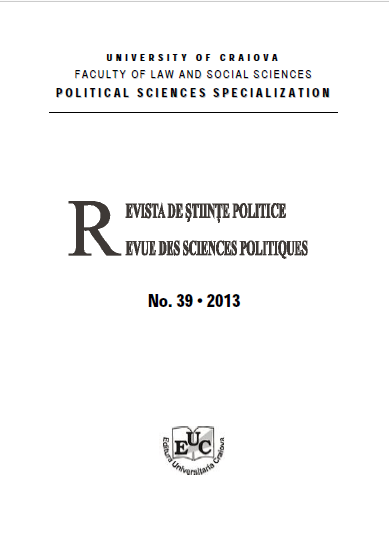The evolution of the Yugoslavian military power in the period between the two World Wars
The evolution of the Yugoslavian military power in the period between the two World Wars
Author(s): Mihaela BărbieruSubject(s): Military history, Interwar Period (1920 - 1939)
Published by: Editura Universitaria Craiova
Keywords: army; the Serb-Croat-Slovenian Kingdom; ammunition; divisions; military;
Summary/Abstract: The state created on the 1st of December 1918, the Kingdom of Serbs, Croats and Slovenes, later called Yugoslavia, based its economic development from the period between the Two World Wars, on farming. Between the southern and the northern part of the country, there were many differences, both from the agricultural and industrial point of view. The army could not prop up on a real weapons industry, able to supply it with the necessary materials, munitions or equipments, in the event of a war, even if the country had important resources of the topsoil and the subsoil. Between the Two World Wars, the most important political and military positions were filled by Serbians, and the decisional factors constantly aimed at making a homogenous army. Even though the weapons and the ammunition equipping was precarious, the instruction of the Yugoslavian army was thoroughly made, for every soldier. Nevertheless, an appreciable leap was necessary for the Yugoslavian army to enlist in the group of the Modern Armies.
Journal: Revista de Științe Politice. Revue des Sciences Politiques
- Issue Year: 2013
- Issue No: 39
- Page Range: 25-37
- Page Count: 13
- Language: English

